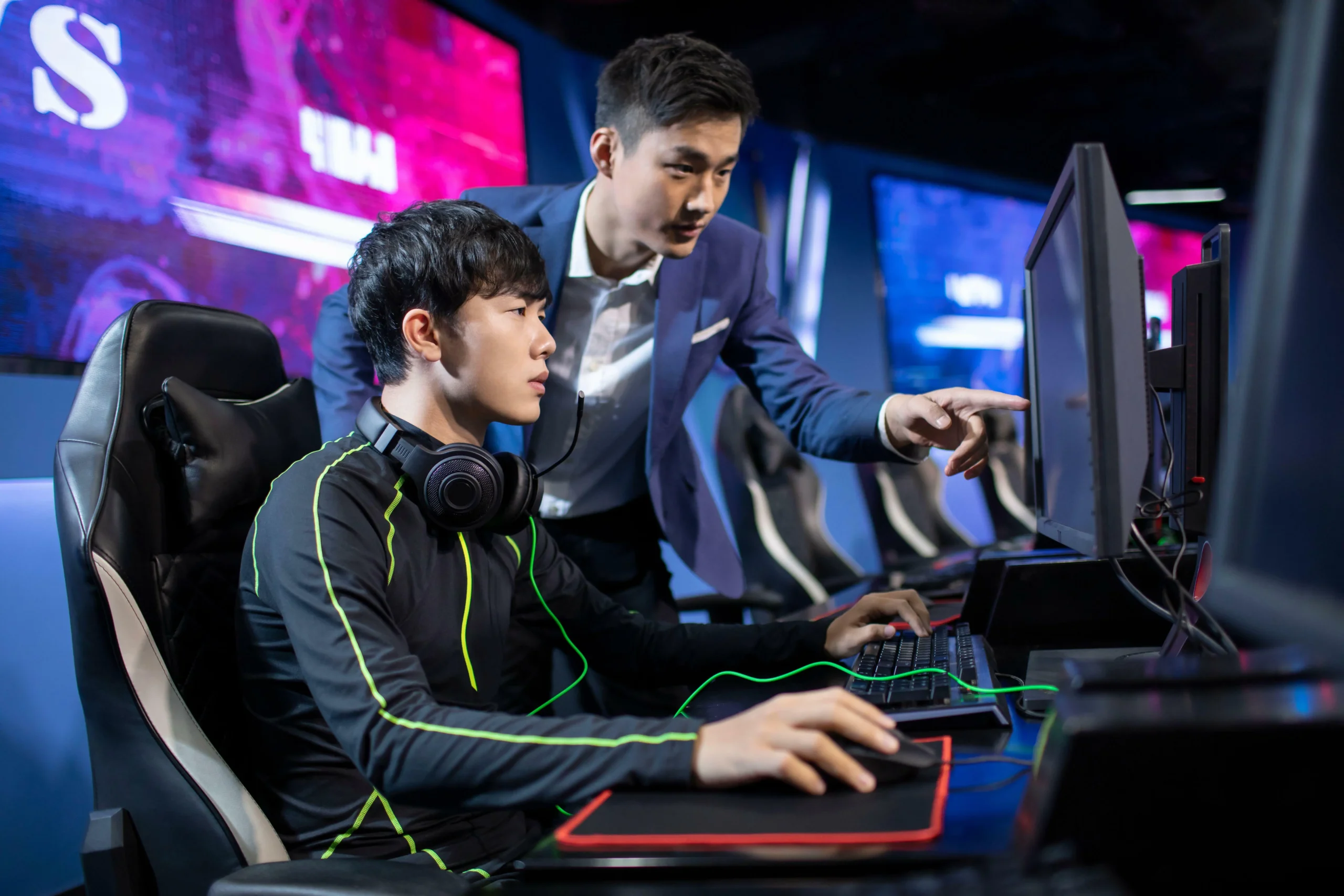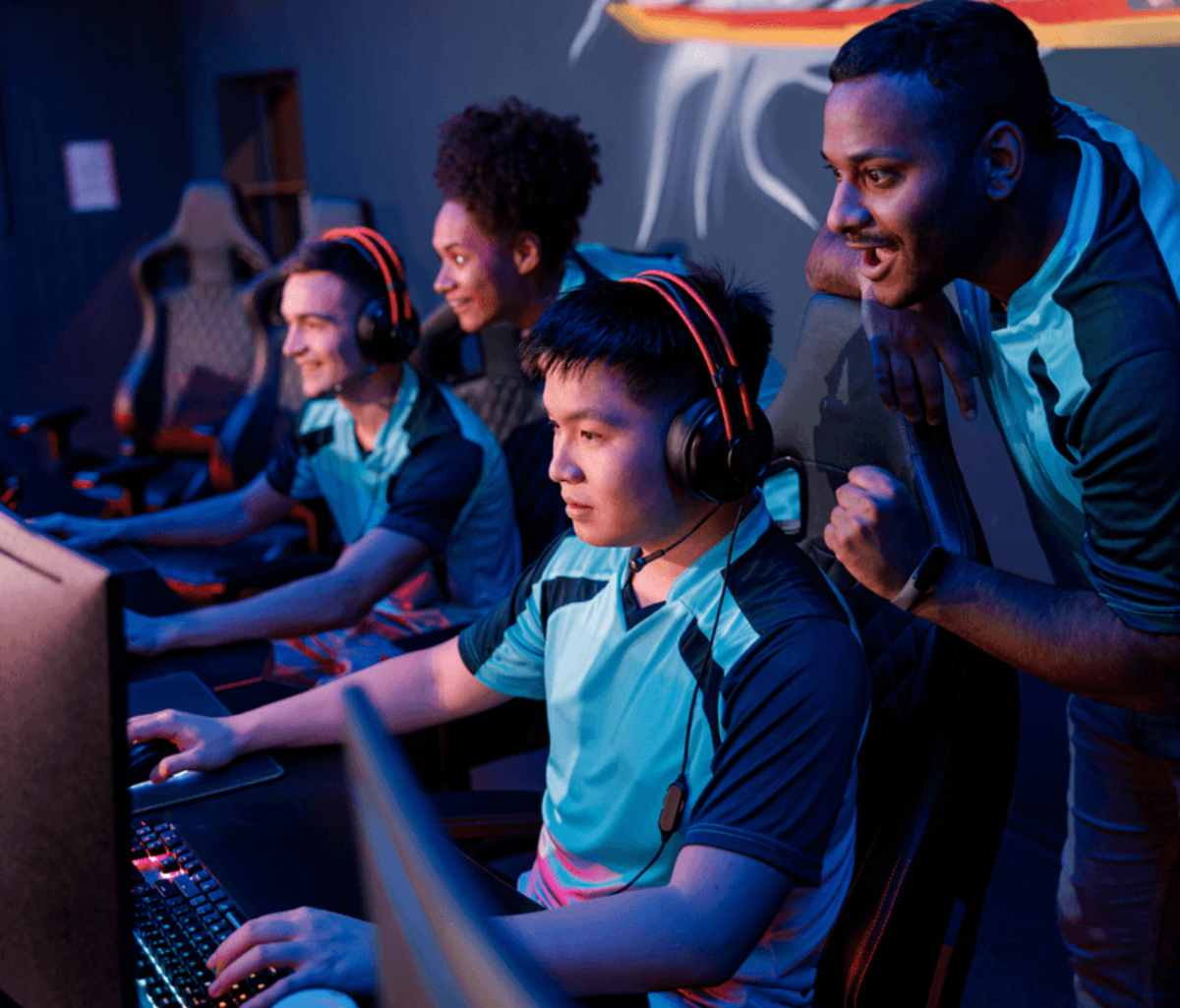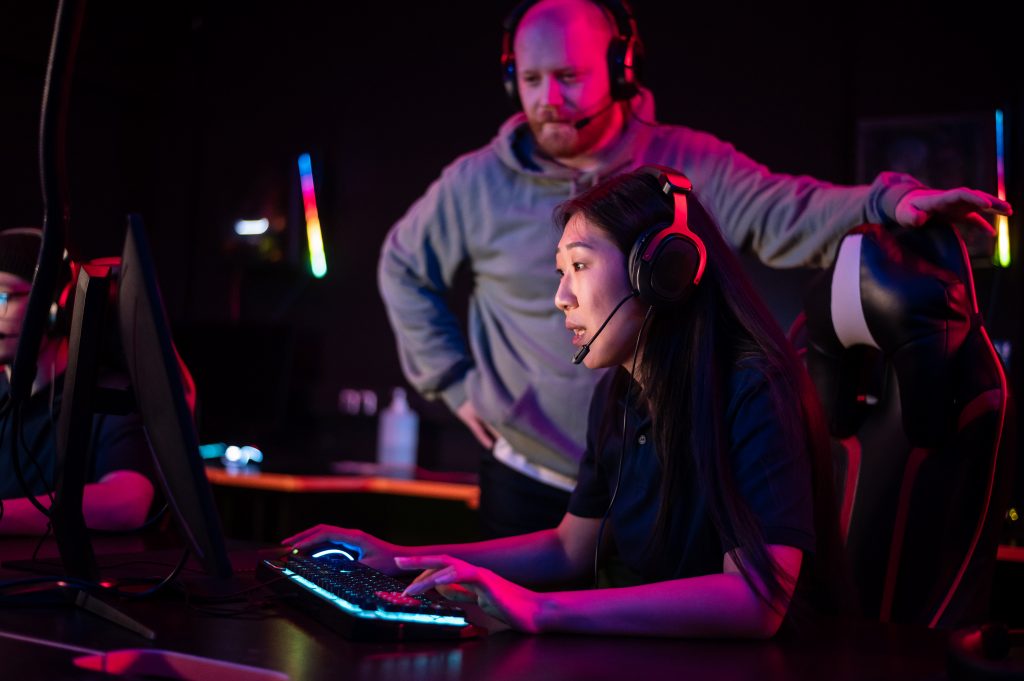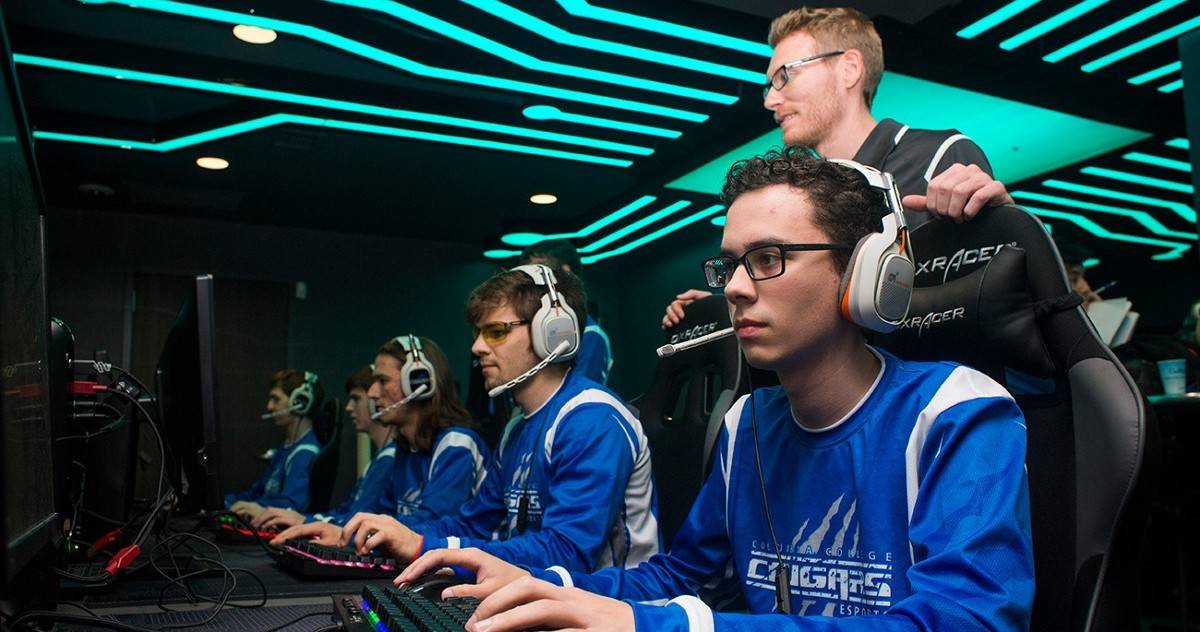
The Role of Coaches in Esports: Why Every Team Needs One
As esports continues to mature, the importance of the coach has increased significantly. As competitive gaming grows in popularity, the need for guidance and strategy also increases. Some people believe that the strength behind e-sports is all about personal skills and quick reactions. This blog explores the role of coaches in gaming and why every esports team must have a coach.
Esports coaching is not simply a gameplay improvement. Winning is a mindset, a game of productive synergy, and strategy to outwit opponents. A great coach can take the most disparate players and make them a great team. In this article, we explore esports coaching strategies and tips. We’ll also discuss how a coach can drive success.
Key Benefits / Why It Matters

The Importance of Coaches in Gaming
The role of a coach in traditional sports is well-documented. In esports, it’s a relatively new concept that is quickly gaining acceptance. Coaches bring a wealth of benefits to a team, from strategic planning to mental conditioning. Here are some key reasons why coaches are indispensable in the realm of esports:
1. Strategic Planning and Analysis
Coaches are instrumental in developing and implementing esports coaching strategies. They analyse opponents, identify weaknesses, and devise plans that leverage their team’s strengths. This oversight is key in a competitive world. Here, the difference between winning and losing is very small.
2. Enhancing Team Cohesion
A coach’s role extends beyond the tactical; they are also responsible for fostering a sense of unity and teamwork. Coaches help resolve conflicts and encourage clear communication. This way, players can work well together. It’s crucial for success in team games.
3. Mental and Emotional Support
Esports can be mentally taxing, with players often facing intense pressure. Coaches provide the necessary support to help players manage stress and maintain focus. They work on building resilience and confidence, ensuring that players can perform at their best under pressure.
4. Skill Development
Coaches play a key role in developing players. They help refine skills by giving specific feedback and training exercises. Individual talent matters, but coaching makes a big difference. This continuous improvement is vital in an industry where the meta is constantly shifting.
Real-Life Applications and Data-Backed Insights
The impact of coaching in esports is evident in the success stories of many top teams. Teams like Astralis in CS: GO and T1 in League of Legends owe much of their success to their coaches’ strategic insights and leadership. A study by the Esports Coaching Academy found that teams with dedicated coaches are 30% more likely to rank in top-tier tournaments than teams without coaches.
Step-by-Step Guide / Actionable Insights
Building a Successful Esports Coaching Strategy
Creating an effective coaching strategy requires a comprehensive approach. Here is a step-by-step guide to developing a robust coaching framework:
Step 1: Assessing Team Dynamics
Before implementing any strategies, it’s crucial to understand the team’s current dynamics. Conduct a thorough analysis of each player’s strengths, weaknesses, and roles within the team. This assessment will serve as the foundation for all subsequent coaching efforts.
Step 2: Develop a Training Regimen
Create a customized training plan that meets the team’s unique needs based on the first assessment. This should include individual skill drills, team-based exercises, and strategic simulations. Regular practice sessions should be scheduled to ensure consistent improvement.
Step 3: Implementing Tactical Sessions
Tactical sessions are where the team learns to execute strategies in a controlled environment. These sessions should focus on map control, positioning, and communication. Coaches should use these opportunities to provide real-time feedback and adjustments.
Step 4: Analysing Opponent Strategies
A key component of any coaching strategy is opponent analysis. Coaches should study upcoming opponents, identifying their play styles and tendencies. This information is key for creating counter-strategies. It can help the team gain a competitive edge.
Step 5: Continuous Evaluation and Feedback
Coaching is an iterative process that requires constant evaluation. Hold regular debriefs and feedback sessions to check the team’s progress. This helps make any needed changes. This ensures that the team remains adaptable and prepared for any challenges.
Additional Expert Tips & Common Mistakes to Avoid

Best Practices for Esports Coaching
- Emphasise Communication: Effective communication is the cornerstone of any successful team. Coaches should foster an environment where players feel comfortable sharing ideas and feedback.
- Focus on Mental Health: The mental well-being of players is crucial. Coaches should incorporate mental health practices into their training regimens. These practices include mindfulness exercises and stress management techniques.
- Adapt to Changes: The esports landscape is dynamic, with frequent updates and meta shifts. Coaches must stay informed and adapt their strategies accordingly to maintain a competitive edge.
Common Mistakes and Misconceptions
- Overemphasis on Winning: Winning is important. An overemphasis can lead to burnout and decreased morale. Coaches should focus on improvement and learning rather than just outcomes.
- Neglecting Individual Needs: Each player is unique. A one-size-fits-all approach can be detrimental. Coaches should tailor their strategies to accommodate individual player needs and preferences.
Advanced Insights / Expert Recommendations
The Future of Esports Coaching
As esports continues to grow, the role of coaches will become even more integral. Here are some advanced insights into the future of esports coaching:
- Integration of Technology: The use of data analytics and AI in coaching is on the rise. These tools help coaches understand player performance and opponent habits better. This allows for more informed decision-making.
- Specialisation in Coaching Roles: As teams expand, there will be a greater need for specialised coaching roles. These roles include mental coaches, strategic analysts, and performance trainers.
- Increased Professionalisation: Esports coaching is becoming more professional. This will create formal coaching certifications and training programs. This will further legitimising the role within the industry.
The Coaches’ Role in Esports

In conclusion, the role of a coach in esports cannot be overstated. They are the strategic architects, mental fortifiers, and unifying forces that propel teams to success. As the industry continues to evolve, so too will the demands on coaches, making their presence even more critical.
For teams looking to elevate their performance, investing in a skilled coach is a strategic move that can yield significant dividends. Whether you’re a budding amateur team or a seasoned professional squad, the insights and guidance of a coach can be the difference between mediocrity and greatness.
As you consider the next steps for your team, ask yourself: Are you ready to embrace the transformative power of coaching? The future of esports is bright, and with the right coach, your team can be at the forefront of this exciting journey.


